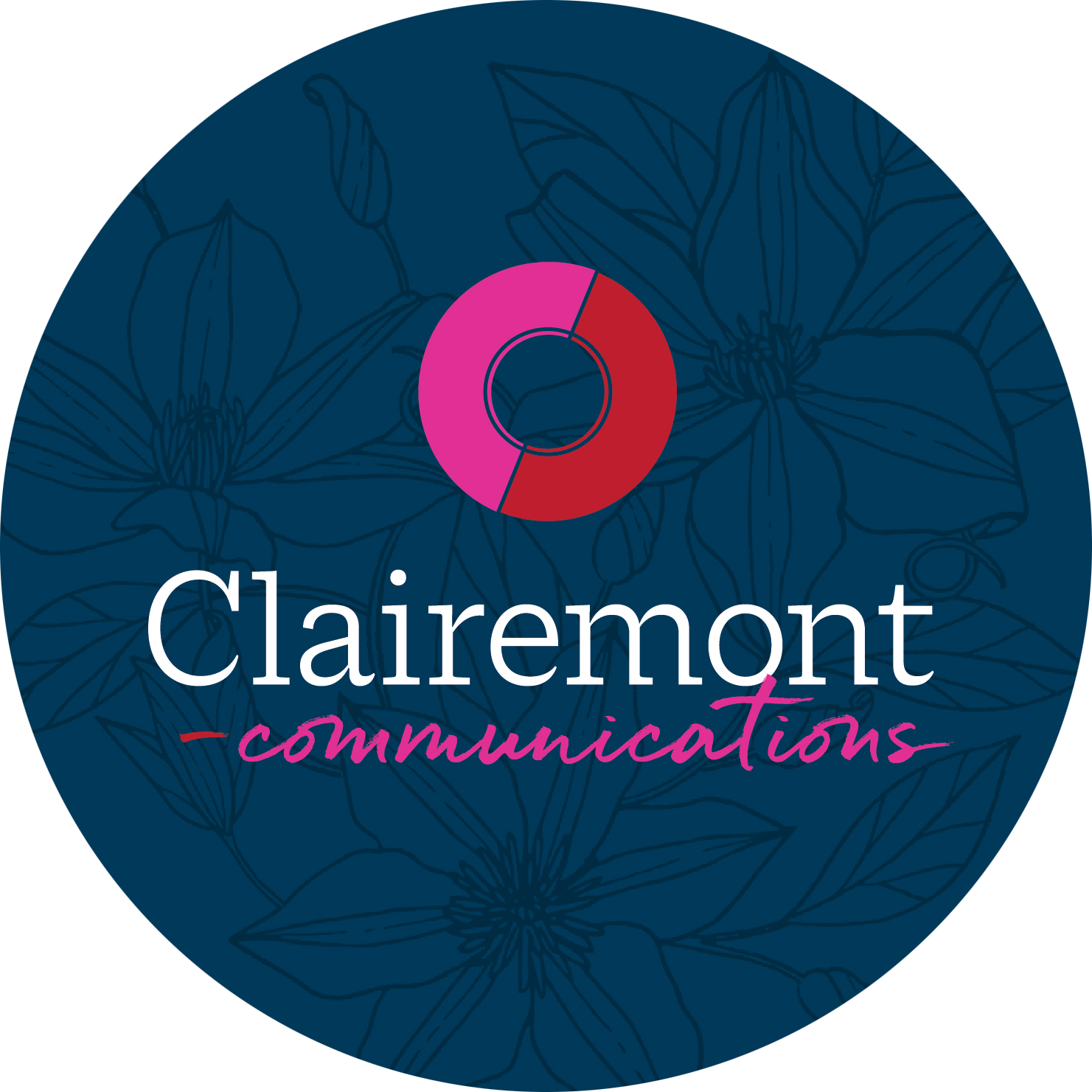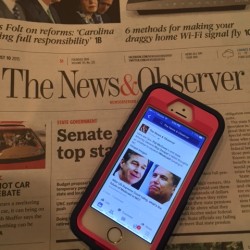It has been nearly five years since I left television news for a career in public relations – or “the dark side,” as my friends and former colleagues in news call it. Five years isn’t a long time in the grand scheme of things, but it is plenty of time for social media to grow exponentially, shape the way newsrooms operate and change the way people consume news.
I remember it vividly. I was working at KRQE in Albuquerque, N.M. A colleague was walking out the door to cover a high-profile trial when the news director yelled from his office, “Don’t forget to live tweet!” It was 2009, and Twitter was exploding. During that year alone traffic on the site grew by 1,100 percent, and the total number of tweets increased by 1,400 percent.
Fast forward to 2015, and social media continues to become more and more intertwined with traditional media. Just a few weeks ago, I watched WTVD’s Stephanie Lopez record Facebook teases for her story about Dairy Queen’s Miracle Treat Day. Thinking about how social media is impacting journalism, I reached out to Sean Maroney, evening anchor at WNCN, and Andrea Griffith Cash, VP of content at Durham Magazine and Chapel Hill Magazine. I asked them to explain trends that they noticed developing in the world of news and social media.
- Sean: “Social Media is changing the landscape in T.V. More and more people say, ‘I saw your story on Facebook.’ It’s changing the consumption of media and the way we interact. They comment, they share, they’re engaged.”
- Andrea: “It used to be that I only had to consider if a pitch was good for our print products. Now, I run everything through several filters. Would this be a good print story? Would this make a nice blog post? Is it worthy of just a shout out on Twitter or Facebook? Could it work for our weekly e-newsletters?”
- Sean: “When I got my start more than 10 years ago, I was an intern on the assignments desk at WTVD. I would start my day with a list of about 60 numbers that I would call up and say, ‘You got anything for me today?’ That’s how we got our news – by calling the police department and other agencies to find out what was going on. Now we have a list of Twitter accounts that we follow.”
- Andrea: “For writers, that also means that their jobs aren’t finished when they turn in the story. Often, they are being asked to promote it on social media and possibly update it online, if it’s a news piece. They also might check online comments and respond to them. They might work on a video that ties in with the print piece. In a lot of ways, you could say the story is never finished.”
- Sean: “I recently moderated a social media panel as part of the State Department’s International Visitor Leadership Program. I told young journalists I understand that it is a race to be the first, but I encouraged them to be the first to get it right.”
Clearly, social media has changed the way members of the media report the news. How has social media changed the way you consume news?

